MANY "BELOW-THE-LINE" PEOPLE INVOLVED WERE HAPPY TO PARTICIPATE IN NEW PODCAST INTERVIEWS
Also, TCM tweeted a couple of snippets from Salamon and Mankiewicz intros from De Palma night:
 Hello and welcome to the unofficial Brian De Palma website. Here is the latest news: |
|---|
E-mail
Geoffsongs@aol.com
-------------
Recent Headlines
a la Mod:
Listen to
Donaggio's full score
for Domino online
De Palma/Lehman
rapport at work
in Snakes
De Palma/Lehman
next novel is Terry
De Palma developing
Catch And Kill,
"a horror movie
based on real things
that have happened
in the news"
Supercut video
of De Palma's films
edited by Carl Rodrigue
Washington Post
review of Keesey book
-------------
Exclusive Passion
Interviews:
Brian De Palma
Karoline Herfurth
Leila Rozario
------------
------------
| « | July 2021 | » | ||||
| S | M | T | W | T | F | S |
| 1 | 2 | 3 | ||||
| 4 | 5 | 6 | 7 | 8 | 9 | 10 |
| 11 | 12 | 13 | 14 | 15 | 16 | 17 |
| 18 | 19 | 20 | 21 | 22 | 23 | 24 |
| 25 | 26 | 27 | 28 | 29 | 30 | 31 |
De Palma interviewed
in Paris 2002
De Palma discusses
The Black Dahlia 2006

Enthusiasms...
Alfred Hitchcock
The Master Of Suspense
Sergio Leone
and the Infield
Fly Rule
The Filmmaker Who
Came In From The Cold
Jim Emerson on
Greetings & Hi, Mom!
Scarface: Make Way
For The Bad Guy
Deborah Shelton
Official Web Site
Welcome to the
Offices of Death Records
Episode 2: Reaching for the Stars – and Paying the Price
Tom Hanks signs on to play amoral stockbroker Sherman McCoy, and he’s so beloved that nobody recognizes how wrong he is for the part. There's immediate pushback against Bruce Willis as the other male lead, since his role was written as British. But the hardest decision comes when the director insists that a Jewish judge be played by a Black actor, to soften the film’s racial tensions.
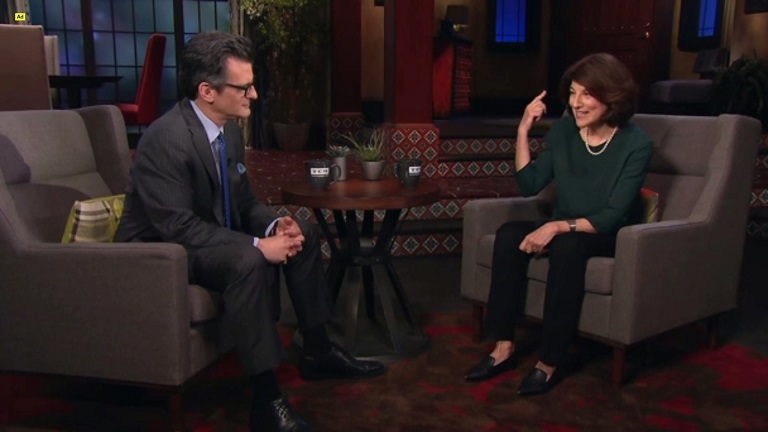
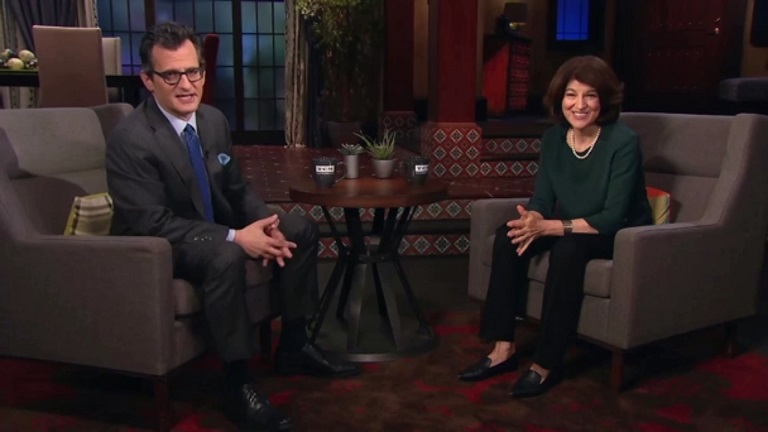
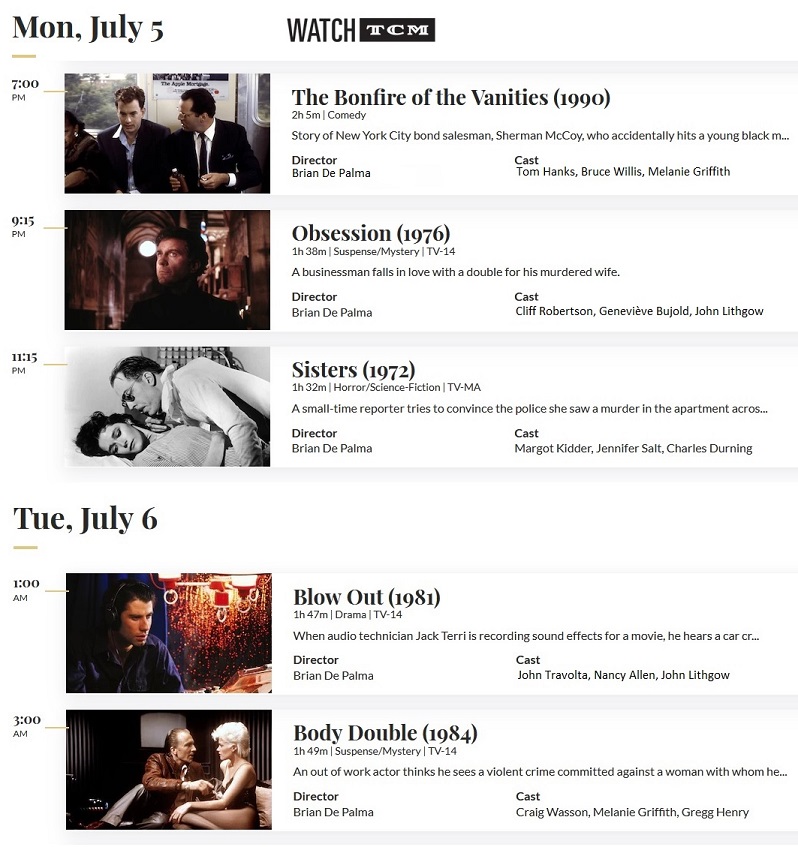
From improvisatory comedy to classic horror films and thrillers, Brian De Palma has established himself as one of the screen’s foremost stylists, and one of his films in particular is the subject of TCM’s podcast The Plot Thickens: Season 2 - The Devil’s Candy. Drawing on influences as disparate as Andy Warhol, Jean-Luc Godard and, of course, Alfred Hitchcock, he’s created a body of work — 32 narrative features to date along with shorts, documentaries and music videos — among the most distinctive in modern cinema.Along the way, he brought Robert De Niro to the screen for the first credited time (in 1968’s Greetings), introduced Martin Scorsese to De Niro and screenwriter Paul Schrader and helped George Lucas write the opening scrawl for the first Star Wars film. Along with De Niro, De Palma also fostered the careers of John Lithgow (in Obsession, 1976); Sissy Spacek, John Travolta, Amy Irving and Nancy Allen (in Carrie, 1976); and Melanie Griffith (in Body Double, 1984). He has been honored with awards from the Berlin and Venice Film Festivals and Amnesty International (for his 2007 political thriller Redacted) while also receiving a record six nominations for the Razzie Award for Worst Director. [Editor's note: blah-di-blah-di-blah.]
The Newark, NJ, native was studying physics at Columbia University when he fell in love with film after seeing Citizen Kane (1941) and Vertigo (1958). While earning an MA in theater from Sarah Lawrence College, De Palma shot his first film in 1963, The Wedding Party (1969), co-directed with Sarah Lawrence professor Wilford Leach and fellow student Cynthia Munroe and starring De Palma’s friend De Niro along with Jill Clayburgh and De Palma regular William Finley. Because of a dispute with financial backer Stanley Borden, the film was held from release until after De Palma’s comedy, Greetings brought attention to De Palma and De Niro.
De Palma moved from comedy to suspense for the first time with Sisters (1972), starring Finley, Jennifer Salt and Margot Kidder. This was also the first of two De Palma films (along with Obsession) scored by Bernard Herrmann, one Hitchcock’s key collaborators. De Palma’s first major hit was the Stephen King adaptation Carrie, which brought Spacek and Piper Laurie Oscar nominations. He scored another major hit with his remake of Scarface (1983), starring Al Pacino, followed by the equally successful The Untouchables (1987), which brought Sean Connery an Oscar. He also helped launch Tom Cruise’s Mission: Impossible film franchise in 1996, though he declined an offer to direct the 2000 sequel.
De Palma’s films are distinguished by a variety of techniques, including the use of split-screen, long pans, tracking shots and unusual angles. He is also noted for quoting generously from other directors, most notably Hitchcock, whose Vertigo inspired both Obsession and Body Double. Others he has cited as inspiration include Michelangelo Antonioni, whose Blowup (1966) is reflected in De Palma’s Blow Out (1981), and Sergei Eisenstein, whose Battleship Potemkin (1925) is referenced in the staircase shoot out of The Untouchables.
TCM presents five of De Palma’s films, including three network premieres:
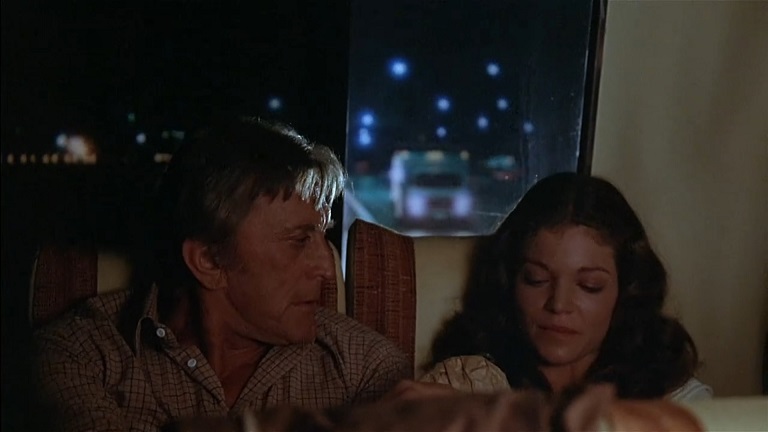




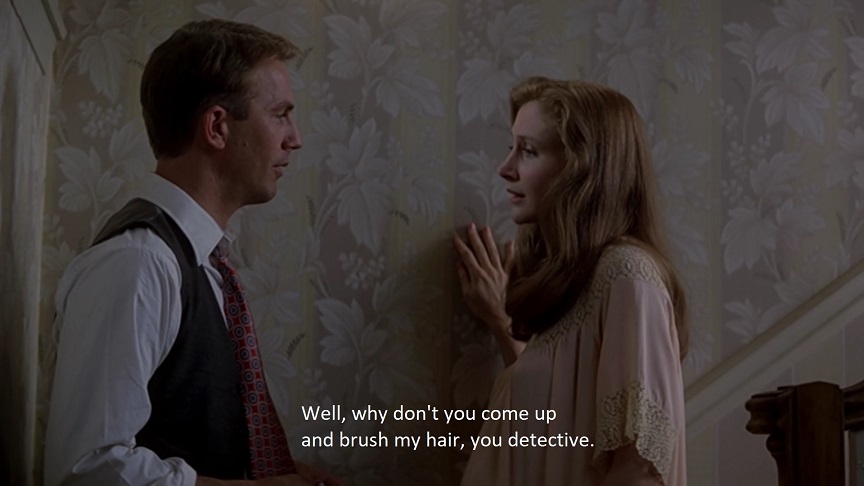













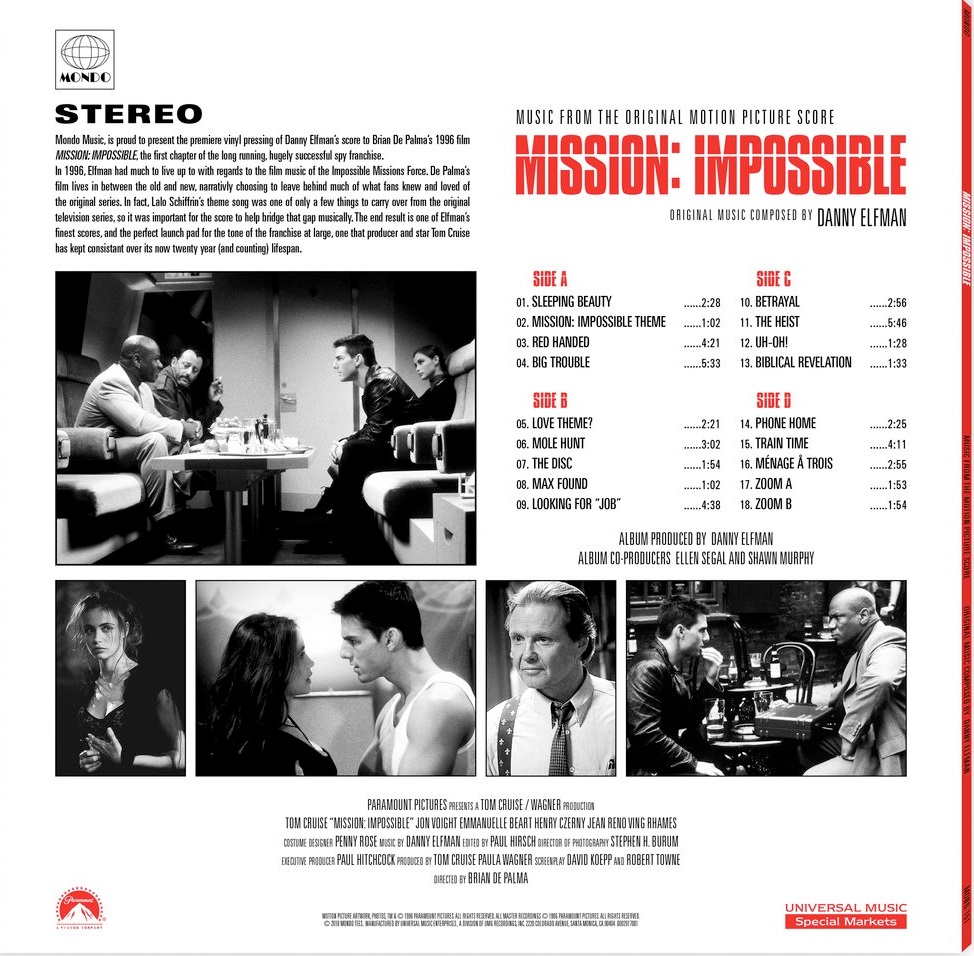
As you can imagine, there is a lot to digest from this episode (the YouTube version is embedded below). For now, let's look at the episode's discussion of Elfman/Silvestri:
Charles: So the music -- obviously, Alan Silvestri was on, and then was taken off. And then Danny Elfman came on. And you've worked with so many incredible composers in your career. I would love to hear how that whole process went down, and then also would love to know why never again with Elfman? because the two of you seemed like a match made in Heaven.De Palma: Well, you know, the great composers, the problem is, you know, they're not always available. Because they're working all the time. With Alan, it was just, we were recording, and it just didn't work. And Tom was very unhappy with it. And I'm used to working with composers and going in and changing this, and moving this around, and it just... there was no sort of chemistry between Alan and I. And when we saw that Danny was available, we immediately snapped him up. And I, as Paul, I know, has detailed, explained to you, I mean, I literally spent four weeks sitting next to him, going over every cue in Mission: Impossible. In order to get us ready to record in four weeks. And he did an amazing job.
Drew: So you wanted to work with him again?
De Palma: Who?
Drew: Danny.
De Palma: Oh, of course! I mean, I've worked with all the great composers. I've missed a few, but, you know, I started with Bernard Herrmann, so...
Charles: Ha ha ha, not too shabby.
De Palma: Yeah, you can't start any better, basically.
The first day of recording the music was exciting, as always. This day, however, was special, because the famous theme of the Mission: Impossible TV series, originally composed by Lalo Schifrin, was the star, more so than any other element. The orchestra performing the theme was being videotaped for the press kit. After the hoopla of laying down a good take of the main title, Alan began recording the first cue for the Prague sequence. After just a few notes, Brian turned to Cruise, who was sitting next to him, and said derisively, "It sounds like the 'Song of the Volga Boatmen.'"I knew then that we were in trouble. Tom picked up on Brian's unhappiness and seemed to share it. Once a negative comment like that is made, it can poison everything,
As hard as it is to believe, not once since Brian and Alan first met had they spoken again. Brian never called up and said, "Hey, Alan, I was wondering if you could play me some of what you are writing, just to make sure we are on the same page." And not once had Alan called Brian to say, "Hey, Brian, I'd like you to hear some of what I have in mind for the film, just in case you want to make any changes."
So here we were on the day, and Brian was unhappy. He huddled with Cruise and the head of music from the studio. The next thing I knew, the rest of the recording session was canceled and Alan was being replaced. We had used a track from Dead Presidents for temping the CIA scene, and as is often the case, the temp led to hiring the composer. It had happened on Sisters and again on Steel Magnolias, and now it happened again. Danny Elfman, a brilliant composer, had written that track and was available. All of a sudden, Danny was in.
--------------------------------------------------------------------------
Once the deal was in place, Brian asked me to go with him to Elfman's house in Topanga Canyon. We waited while Danny was finishing up a phone call in another pat of the house. The room was decorated with strange, creepy objects, of which I remember two. One was a foot-high human skeleton in a jar. The other was a cat lying on the sofa, seemingly asleep, but when I stroked it, I realized that it was dead and stuffed.In his studio, Danny had a large monitor in front of a keyboard, and he and Brian settled in to look at a scene together. We didn't stay long, and the next day Brian told me that Elfman had asked him not to have me accompany him to the house anymore. Brian went back and worked with him every day for weeks. He confided to me that he had never worked so hard with a composer in his life.
I couldn't resist pointing out, "If you had worked like this with Alan, he would have written you a great score."
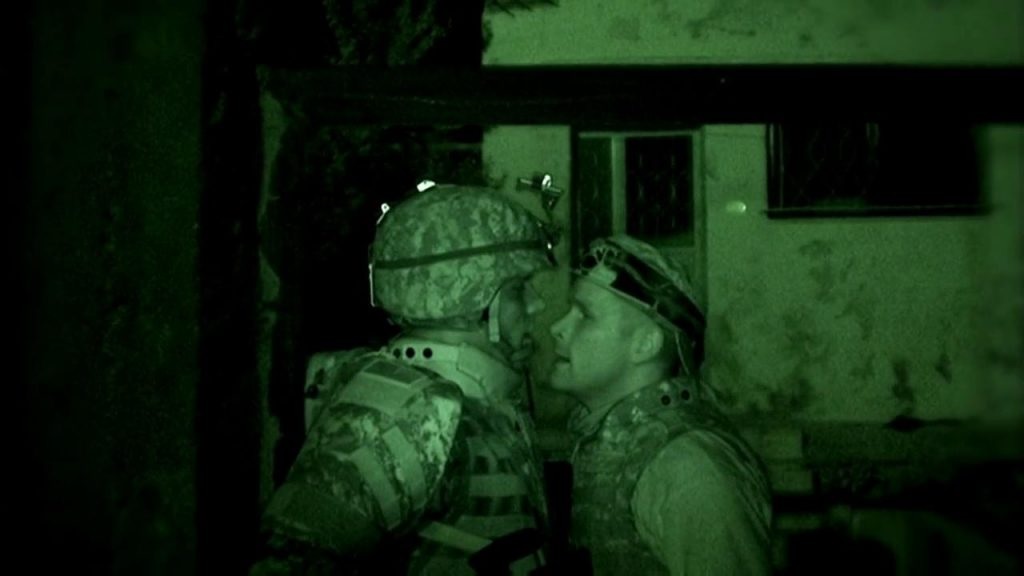
Cinema: a dizzying leap into the horror of warIn Redacted (2007), Brian De Palma portrays real crime by US troops in Iraq. But instead of elegant fiction, the filmmaker bets on the shattering of the real — and on the aesthetics of precariousness as a narrative power in the era of YouTube
By José Geraldo Couto, at the Instituto Moreira Salles Cinema Blog
Winner of the Silver Bear for direction in Berlin, elected by Cahiers du cinéma the best film of 2008, Redacted, by Brian De Palma, never commercially released in Brazil (only shown at the Rio Film Festival, with the title Guerra without cuts), arrives now to streaming, on the Mubi platform. It was worth the wait: it's an extraordinary job.
The dramatic core is inspired by a real fact: during the occupation of Iraq by US troops, a group of soldiers rapes a 15-year-old girl and kills her family (including the teenager herself).
But unlike Kathryn Bigelow's films on analogous themes (Zero Dark Thirty, The Darkest Hour), Redacted does not offer a fictional reenactment of events to create the illusion of a given, univocal, and unambiguous reality. Instead, it scrambles partial and fragmented views, presenting a “real” that is much more problematic, unstable, full of edges. Instead of catharsis, it delivers the annoyance, the perplexity. It's up to the viewer to deal with that later.
Precarious construction
Anyone who is used to the exuberance, precision and elegance (even in the heart of violence and horror) of De Palma's cinema will find strange the collage of rushed images, rough framing, poor lighting, visual and sound “noises” and disparate textures that compose Redacted. What was sought there was to simulate, as if they were documentary records, a series of sources: an “image diary” produced by a soldier, newscast scenes, a French documentary, videos produced by Al-Qaeda, etc.
This method of construction virtually abolishes all “objective” narration in third person. Everything is mediated by some interested gaze, partial in both senses of the term, that is, incomplete and biased. The spectator is asked to fill in the gaps, the “outside the frame”, and to confront different perspectives.
As a result, the dramatic density is built not through the usual narrative artifices, but through a skillful orchestration of the fragments, in addition to the shrewd use of the musical score (Handel, Puccini), a terrain in which the music lover De Palma has always been a master. The emotional climax takes place on the only actual documentary images (I won't say which ones they are), soaked with the ravishing music of Tosca's third act.
To Godard's famous formulation, according to which “cinema is the truth at 24 frames per second”, De Palma usually responds with a joke: “No, cinema is the lie at 24 frames per second”. And he himself was always a great conjurer, who played with the status of the image and problematized the reality of what we think we see and hear, in films like Body Double, Dressed to Kill and Blow Out.
Impotence of speech
In Redacted, it is as if De Palma took this game to another level, making a film that is a serious reflection on his craft (narrating with images and sounds) and the denunciation of a reality that does not fit in any audiovisual discourse: the horror of war and the dehumanization it produces in executioners and victims. Once in a lifetime, the advertising slogan doesn't lie: "In a war, the first casualty is the truth."
It is, in a way, a film that (re)revolts against its own impotence, its own impossibility. Hence the anguish it produces. Hence, perhaps, its difficulty in being marketed and consumed. Mortal sin for an industry increasingly powerful materially and dwarfed morally.
Critically panned and hugely divisive when it was released in 2007, maverick director Brian De Palma's docudrama about the injustices of the Iraq war and its manipulative representation in the media holds up to be more interesting and inventive than many gave it credit for at the time.
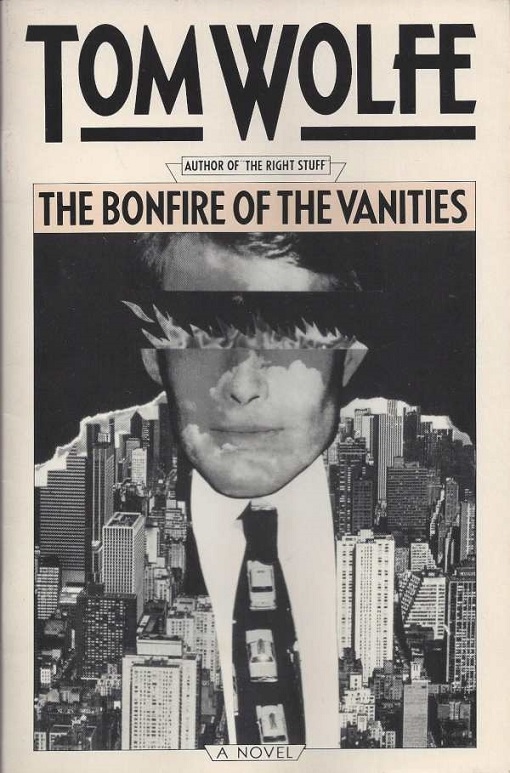
On how Salamon got invited to the set …JULIE SALAMON: I was working as a film critic back then. [Brian De Palma and I] met. We’d meet from time to time when he was in New York to talk about movies, and I had told him that I was interested in doing this kind of a book, similar to what Lillian Ross had done with Picture many years before in the ‘50s, following John Huston around. And when he signed on to do Bonfire, he thought that might be a good movie to do it on, and you know he was a little bit of a bomb thrower. He kind of like to rustle feathers in Hollywood, and I guess he thought I would be the person to do it. You know, obviously I think he might have thought differently if he would have known how the movie was going to end up, but without him, it wouldn’t have happened.
On what Salamon’s access ultimately inspired …
BEN MANKIEWICZ: She didn’t just have access. It’s what she did with the access. Like, other people have had access and bungled it or created something ordinary, so I mean part of the reason that we talk about this movie is because of what Julie did with it. And I’m not just trying… She already likes me, I think.
SALAMON: It’s true.
MANKIEWICZ: But I think that’s really critically important. … If [all] Hollywood directors and producers take away from The Devil’s Candy is that, oh, we can’t grant access like that, they’re missing the point. Then this would just be a blockbuster movie that disappointed. Now there’s an interesting story around it. … I think the lesson ought to be that it ought to happen more. …
SALAMON: Obviously there are gossipy elements to it, but for me I love seeing how things work and the organism. And making a movie is just such a huge, complicated enterprise — and to have access to all of it. And the truth is I was as interested in the sound guy that used coconuts to make the sound of horses’ hooves going as the movie stars. It was just riveting for me.
On whether Bonfire could ever be adapted into a successful movie …
SALAMON: Tom Wolfe said it right from the get-go. He always described his books as this series of slices of life, and interestingly enough, I’m sure that if somebody had been wanting to adapt it today, they would have done it as a limited series for television, which it’s probably more suited to because then you can really delve into all those individual characters. … I was actually on some kind of panel a few weeks ago, a podcast, where they were talking about The Bonfire of the Vanities, and that book itself has become a hot potato in a different way now because of all of the racial stuff in it that just today would be much harder to adapt for all kinds of sensitivities. Even though I think Tom Wolfe was doing a satire, I think it would be extremely difficult to adapt today for probably the same reasons that it was difficult to adapt 30 years ago, but with a 2021 variation on it. So, yeah, I think the book itself was really tough. On the other hand, I think it would make a terrific miniseries with all these great character actors playing those roles.
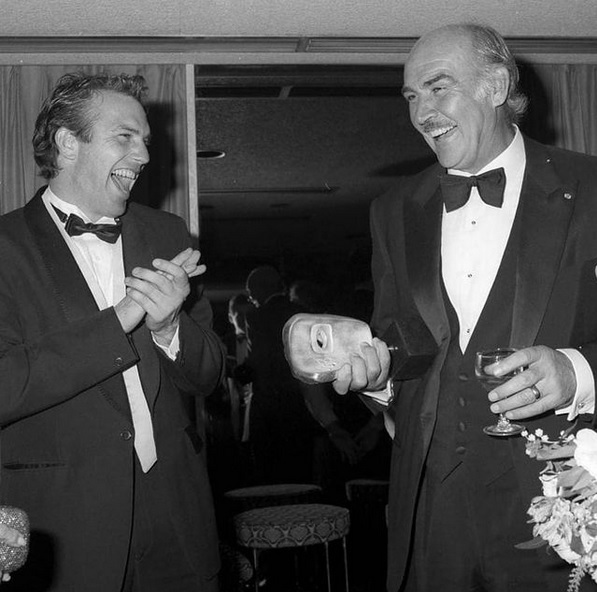
While Prince of Thieves was shooting, producer Art Linson (The Untouchables) brought the script for The Ghost and the Darkness to Paramount with Costner as Col. John Henry Patterson on board, to star opposite Connery who agreed on playing Charles Remington, Brian De Palma was set to direct. however the flop of The Bonfire of the Vanities made Paramount febrile and consequently shelved the project.
Bauer found "Bonfire"'s production problems plaguing his negotiations for De Palma's next project. He'd been talking to Paramount Pictures for more than a month to sign De Palma for "Ghost in the Darkness," and African adventure story De Palma nicknamed "Jaws in the Veldt." Kevin Costner, who had become a star in "The Untouchables," had indicated he was eager to make the picture with De Palma.Paramount's initial enthusiasm had been damaged by the publicity out of New York. The studio was already contending with several big budget pictures that seemed unlikely to recoup their costs: "Days of Thunder," the Tom Cruise picture about a race car driver; "Another 48 Hours," the sequel to the Nick Nolte-Eddie Murphy buddy picture; "The Godfather, Part III," which was plagued with its own production problems. The last thing the Paramount executives wanted to commit themselves to now was sending Brian De Palma -- a director with big budget problems -- to a remote continent with Kevin Costner to make a brutally difficult film.